Ortho Clinical Diagnostics received emergency use authorization (EUA) from the US Food and Drug Administration (FDA) for its VITROS SARS-CoV-2 antigen test for detection of active COVID-19 infection.
The rapid antigen test can run up to 130 tests in an hour with and can deliver same-day results, making it useful for mass-scale COVID-19 testing.
The antigen test provides precise, clinically reliable results generated on the company’s high-volume VITROS systems, which are installed in more than 5,600 labs across the world, including 1,500 in the US with 500 in rural areas where testing is critical.
With the authorization, Ortho’s VITROS SARS-CoV-2 antigen test has become the first widely available high-volume diagnostic for accurate, mass-scale COVID-19 testing.
The company says it can deliver five million tests a month and can increase to 15 million tests a month by February. This is a welcome initiative as COVID-19 cases have been increasing at alarming rates worldwide, making mass testing just as important as vaccine roll-outs to curb infections.
Related: COVID-19 Vaccine and Drug Development Coverage
In a news release from the company, Chris Smith, chairman and chief executive officer, Ortho Clinical Diagnostics, said, “Even as vaccine inoculation programs roll out, mass-scale testing remains an essential tool in fighting COVID-19. Ortho’s accurate, high-volume COVID-19 antigen test can play a pivotal role in the global response to this virus.”
The test is a qualitative immunoassay that detects the SARS-CoV-2 nucleocapsid antigen. Results are reported as either reactive (positive) or non-reactive (negative) with no in between grey zone according to Ortho.
Samples for the test are collected using conventional nasopharyngeal swabs for symptomatic individuals, while mid-turbinate (anterior nasal) swabbing can be used for asymptomatic cases.
Ortho says the test has excellent sensitivity and specificity, which have been a challenge for many antigen tests. A BMJ study found that lateral flow antigen tests only detected about 49 percent of asymptomatic COVID-19 infections.
However, it is important to note that antigen tests have greatest utility for detecting active infection. In a recent study, it was shown that a rapid antigen test was able to detect 100 percent of PCR-positive asymptomatic people with culturable virus (i.e. active virus). This means that the tests are best suited for detecting people when they are most contagious.
Ortho says that its SARS-CoV-2 antigen test is indeed highly accurate for detection of active infection. Moreover, Ortho’s test is not a traditional 15-minute rapid antigen test as it has a longer read time for results, lending to greater test accuracy.
And unlike rapid antigen tests, which are limited in their capacity for the number of tests they can do at once, the VITROS SARS-CoV-2 diagnostic can run multiple tests simultaneously, increasing possibilities for mass testing.
Ortho says its COVID-19 antigen test is an alternative to real-time polymerase chain reaction (PCR) testing, which can be expensive and requires long processing times. The company cited an article published by researchers from Harvard, Northeastern, Northwestern and Rutgers in their news statement, which reported that roughly one-third of individuals who received a PCR test waited more than four days for a result — including ten percent who waited more than ten days.
Nevertheless, the SARS-CoV-2 antigen test can be used in addition to other in vitro diagnostic tests for routine testing or for patient management.
Ortho says its VITROS SARS-CoV-2 antigen test provides “healthcare systems and communities more capacity to quickly and accurately diagnose individuals with an active infection to help stop the spread of the coronavirus, manage patient care and inform public health decisions.”


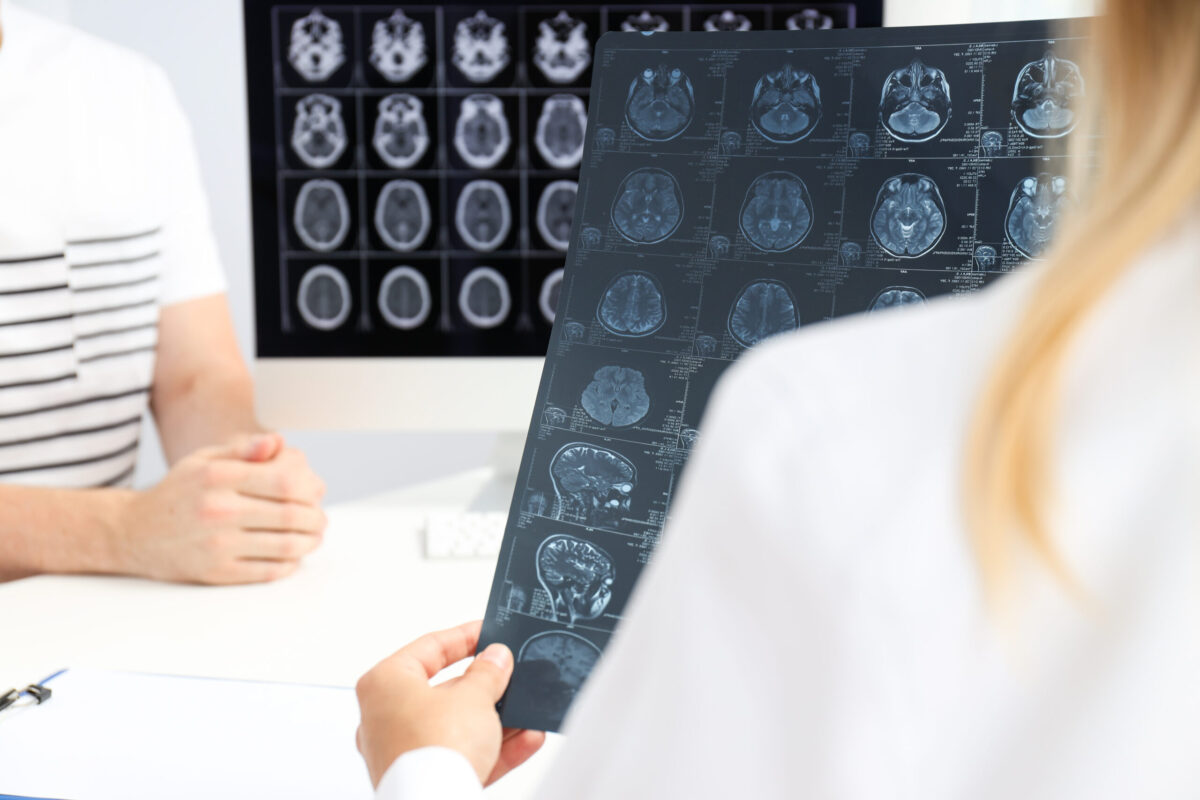
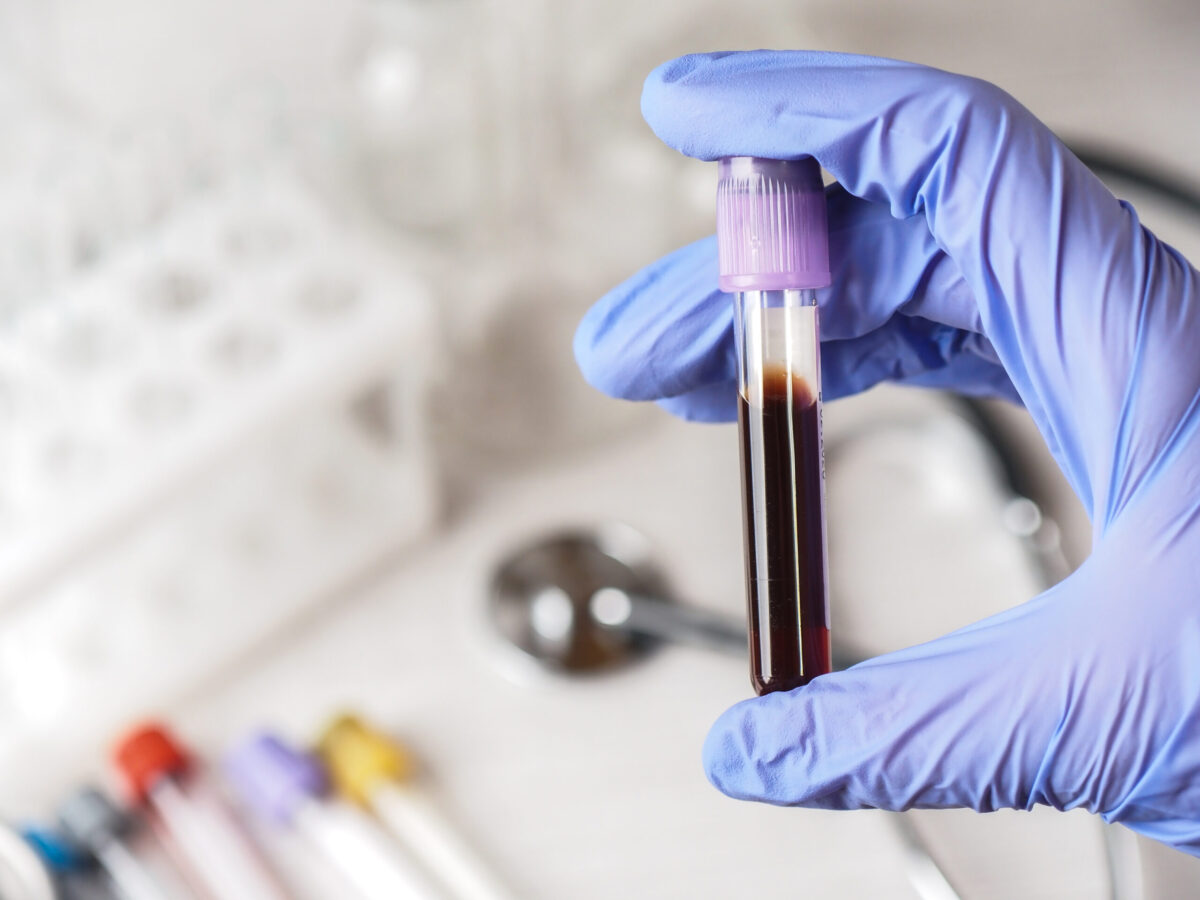
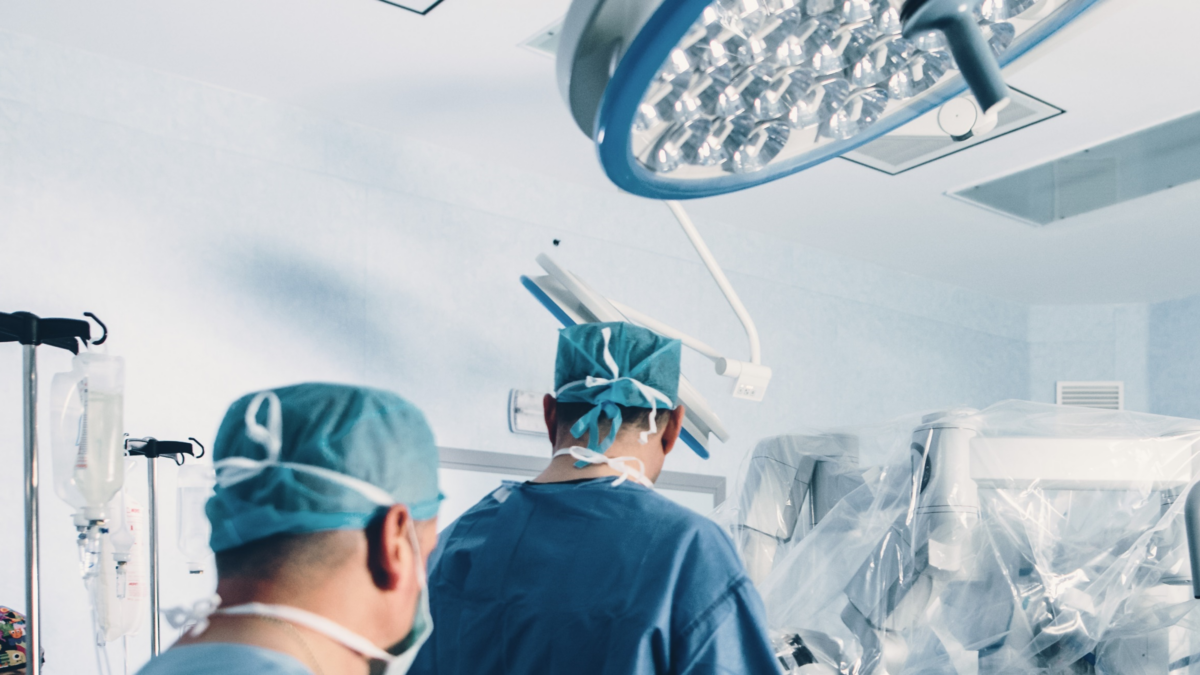
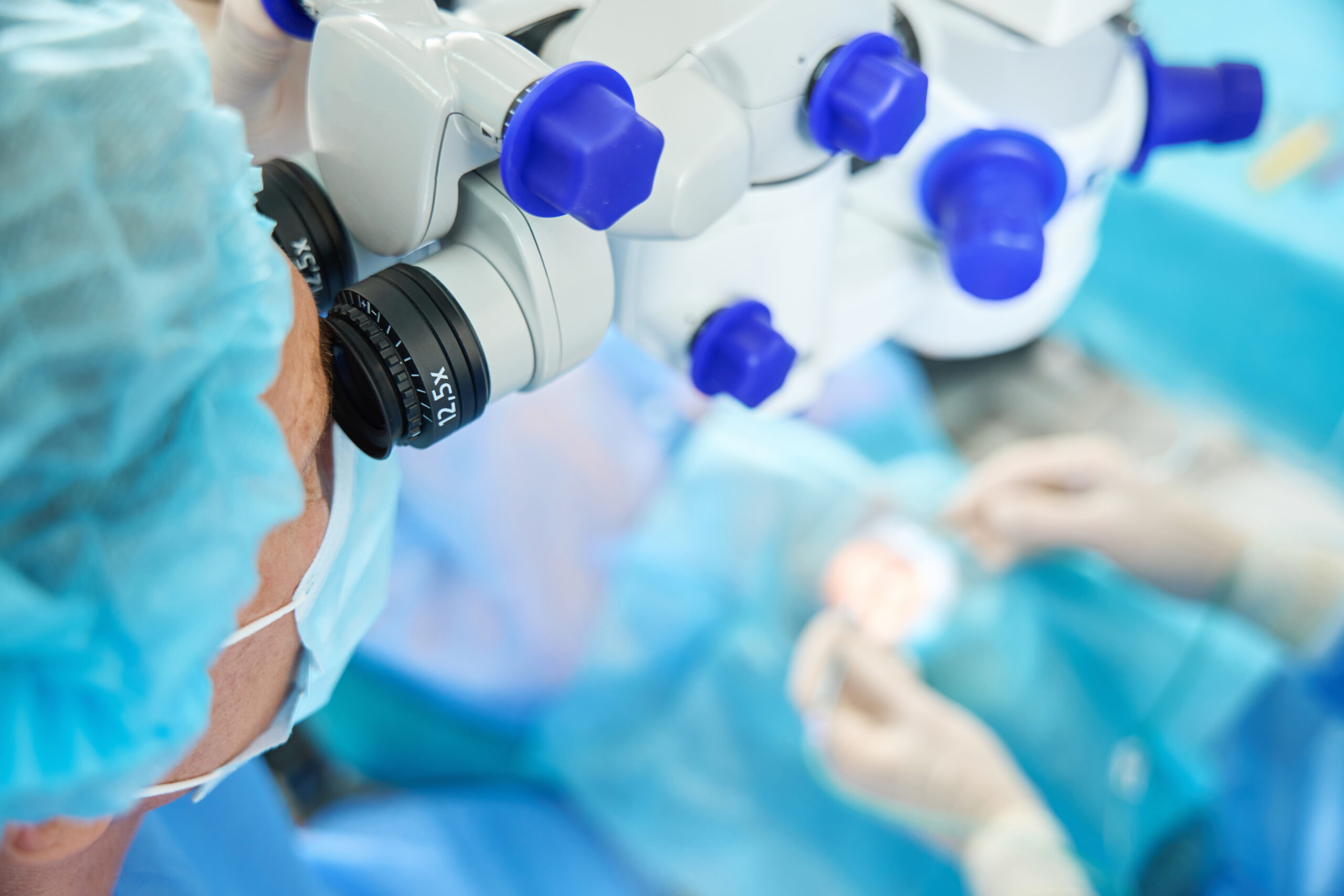
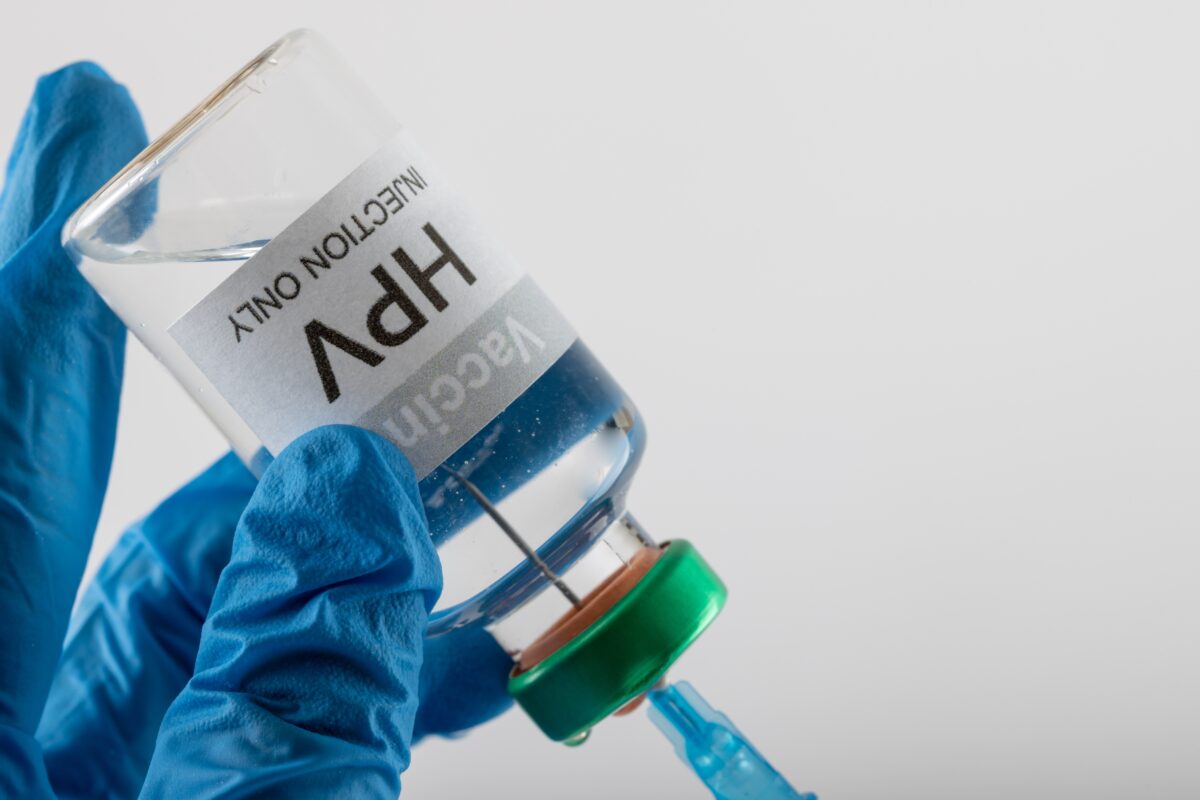





Join or login to leave a comment
JOIN LOGIN